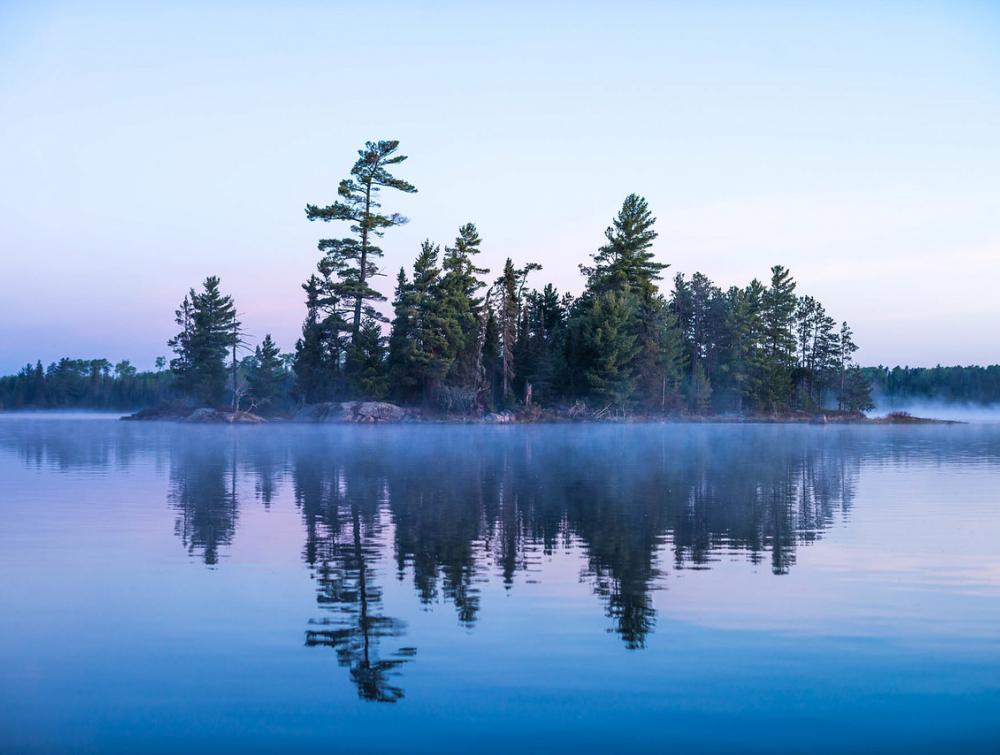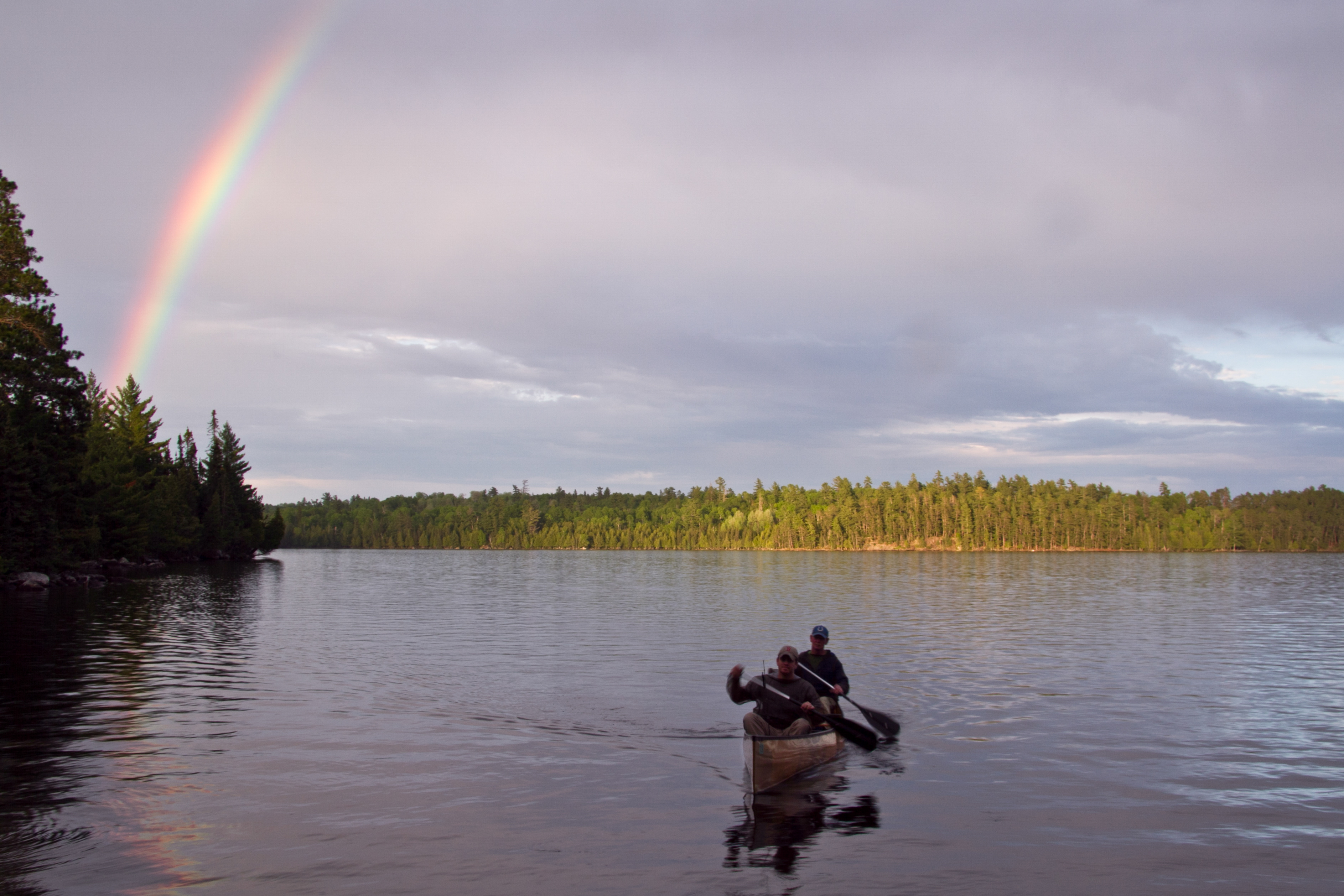The Wilderness Society fights mining on the edge of America’s most visited Wilderness area

Boundary Waters Canoe Area, MN
Erik Fremstad
The Boundary Waters Canoe Area Wilderness in Minnesota is one of our country’s most unique and frequently visited wilderness areas.
If you care about this special place, here is what you need to know: it is under imminent threat from sulfide-ore mining pollution, and The Wilderness Society is doing everything we can to stop it.
In addition to galvanizing our members to contact their members of Congress, The Wilderness Society filed a lawsuit June 25 challenging the Interior Department’s recent push to open the area’s fragile ecosystem to sulfide-ore copper mining.
We were joined by 2 other conservation groups opposed to the Interior Department’s reinstatement of two expired mineral leases held by Twin Metals Minnesota, a foreign-owned mining company, on Superior National Forest lands. Earlier in June, nine outdoor businesses whose livelihood would be threatened by this mining filed a similar lawsuit.
The lands proposed for mining are at the edge of the Boundary Waters.
Twin Metals plans to develop a sulfide-ore copper mine on the leases. The resulting water and noise pollution would devastate the Boundary Waters. Mining would also harm the regional economy, which relies on paddling, hunting, fishing, hiking, and other outdoor recreation, with the result of 27,000 lost jobs and $1.4 billion lost economic activity.
“Sulfide-ore mining on the edge of this iconic wilderness would replace a legacy of conservation and recreation with pollution and environmental degradation. This Interior Department continues to make mining and drilling the highest priority for our public lands,” said Jamie Williams, President of The Wilderness Society.
The Boundary Waters was protected in 1964 and boasts 1,200 miles of canoe routes among its 1.1 million acres.
The surrounding Superior National Forest contains 20% of all National Forest System freshwater. The area’s interconnected lakes and rivers are particularly sensitive to mine-related pollution.
The U.S. Forest Service had previously denied renewal of the Twin Metals leases and started a study on the risks posed by sulfide-ore mining on the Superior National Forest in the watershed of the Boundary Waters. That study is ongoing and is part of a proposed ban on mining in the watershed. A temporary ban is in place for two years while the study can be completed. The Interior Department has moved aggressively to illegally reinstate the leases that expired a year-and-a-half ago despite the study and the Forest Service’s concerns.

Boundary Waters Canoe Area Wilderness, Minnesota. Credit: Alan Strakey/flickr.
Lease reinstatement is unfortunately just one of the many mining-related threats facing the Boundary Waters. Twin Metals is working to get additional approvals in place that would allow it to construct an industrial mining complex on the edge of the Boundary Waters. During a June 20 visit to Duluth, MN, President Trump said he would take steps to rescind the temporary ban on mining and allow mine-related activities to proceed.
President Trump’s remarks suggest that sulfide-ore mining near the Boundary Waters is already a foregone conclusion. His comments make clear that a corporation’s bottom line is the only line that matters when it comes to how far this administration is willing to go to exploit our public lands. As 170 businesses and outdoor organizations, including The Wilderness Society, made clear in a May 31 letter to the U.S. Secretaries of Agriculture and Interior, the administration should stop all mine-related approvals until the Forest Service can complete its study.
